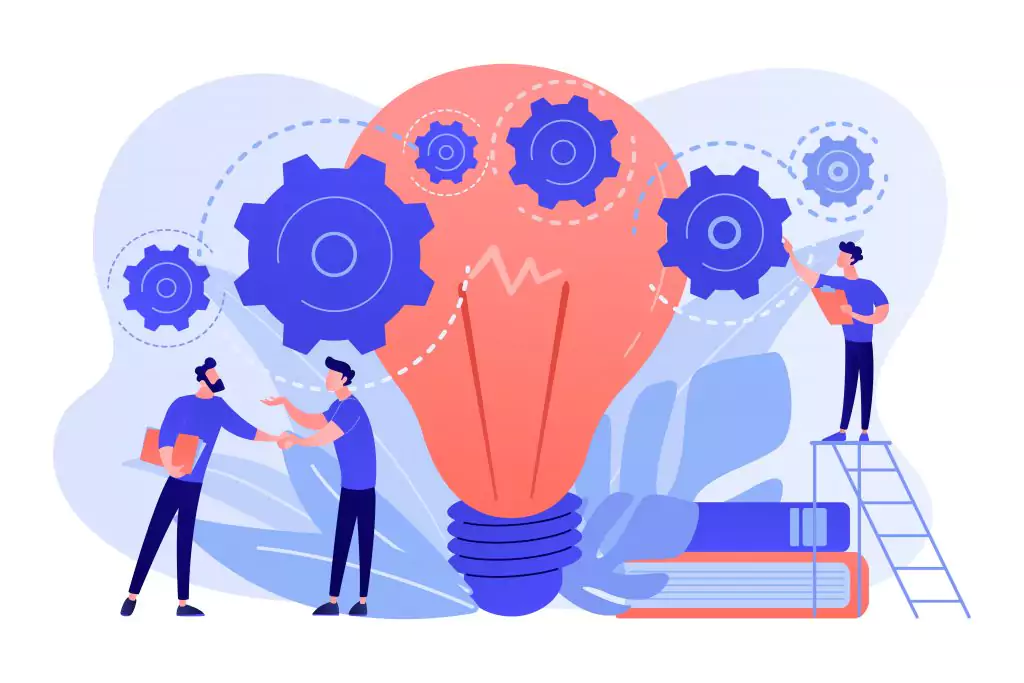
In a recent post for TED, acclaimed author and entrepreneur Seth Godin put forth an argument to reconsider the use of the term “soft skills”. The traditionally undervalued but critically important traits such as emotional intelligence, work ethic, and interpersonal ability ought to be recognized as “real skills,” says Godin.

✅ AI Essay Writer ✅ AI Detector ✅ Plagchecker ✅ Paraphraser
✅ Summarizer ✅ Citation Generator
Key Takeaways:
- Godin argues that the term “soft skills” undervalues traits like emotional intelligence, communication, and leadership skills.
- These skills could become increasingly crucial as artificial intelligence continues to automate many traditional vocational skills.
- Despite their importance, these skills are often overlooked in hiring processes due to their difficulty to quantify.
The Soft Skills Debate
Godin, a highly respected voice in marketing and professional development, believes that “soft skills” is a misnomer that belittles the importance of these capabilities. “We give too little respect to [those] skills when we call them ‘soft’ and imply that they’re optional,” he notes. According to him, it would be more accurate and respectful to refer to these abilities as ‘real skills.’
Automation and the Rising Importance of “Real Skills”
As the world is witnessing an ever-growing reliance on artificial intelligence, many traditional vocational skills are becoming automated. This includes a wide array of tasks, from coding and data analysis to copywriting and architectural design. In the midst of this automation trend, skills like empathy and collaboration are surfacing as uniquely human and increasingly essential. Godin emphasizes, “Even if you’ve got the vocational skills, you’re no help to us without these human skills, the things that we can’t write down or program a computer to do.”
The Hiring Conundrum
Godin recognizes that quantifying these skills can be challenging, making them difficult to spot on a resume or during a job interview. This, he believes, is why many companies pay less attention to these skills when hiring. However, there are signs that this trend may soon shift. Some recruiters and universities are now teaching prospective graduates how to conduct office small talk, find appropriate professional workwear, and make effective client introductions. This trend is particularly relevant in the aftermath of pandemic lockdowns, which have impeded the social and professional development of many students.
“Hiring coders who can’t code, salespeople who can’t sell, or architects who can’t design is a waste,” Godin wrote. “But what actually separates thriving organizations from struggling ones are the difficult-to-measure attitudes, processes and perceptions of the people who do the work.” It’s clear that “soft skills” – or as Godin would have us call them, “real skills” – are pivotal to the health and success of any organization. Time will tell if society as a whole will heed Godin’s call to reframe the conversation.
A Guide to Enhancing Communication Skills
Understanding the importance of these “real skills” and improving upon them can significantly increase your professional value. Among these, communication is often considered one of the most critical. Here are some steps to help enhance your communication skills.
- Be Clear and Concise. Effective communication is about conveying your ideas in the simplest way possible. Avoid jargon and complex language that might confuse your listeners. Instead, aim for clarity and brevity to ensure your message is understood.
- Practice Active Listening. Communication is not only about speaking; it’s equally about listening. Active listening involves fully concentrating on, understanding, and responding to the speaker. It helps build rapport, understanding, and trust.
- Pay Attention to Non-Verbal Communication. Non-verbal cues, including facial expressions, gestures, and body language, can sometimes convey more than words. Being mindful of these signals can help you understand others better and express yourself more effectively.
- Seek Feedback. Asking for feedback can provide valuable insights into how your message is perceived by others. This feedback can help you identify areas for improvement and adjust your communication style as needed.
- Be Empathic. Empathy can significantly enhance your communication skills. By putting yourself in another person’s shoes, you can understand their perspective better and communicate more effectively.
- Utilize Technology. Today, there are numerous digital tools that can help you improve your communication skills. From apps that aid in public speaking to platforms that improve your writing skills, don’t hesitate to leverage technology to your advantage.
- Continue Learning. The art of communication is a lifelong learning process. Always be open to learning new strategies and techniques to enhance your skills. Read books, attend workshops, take online courses, or seek mentorship to continue developing your communication skills.
Follow us on Reddit for more insights and updates.





Comments (0)
Welcome to A*Help comments!
We’re all about debate and discussion at A*Help.
We value the diverse opinions of users, so you may find points of view that you don’t agree with. And that’s cool. However, there are certain things we’re not OK with: attempts to manipulate our data in any way, for example, or the posting of discriminative, offensive, hateful, or disparaging material.